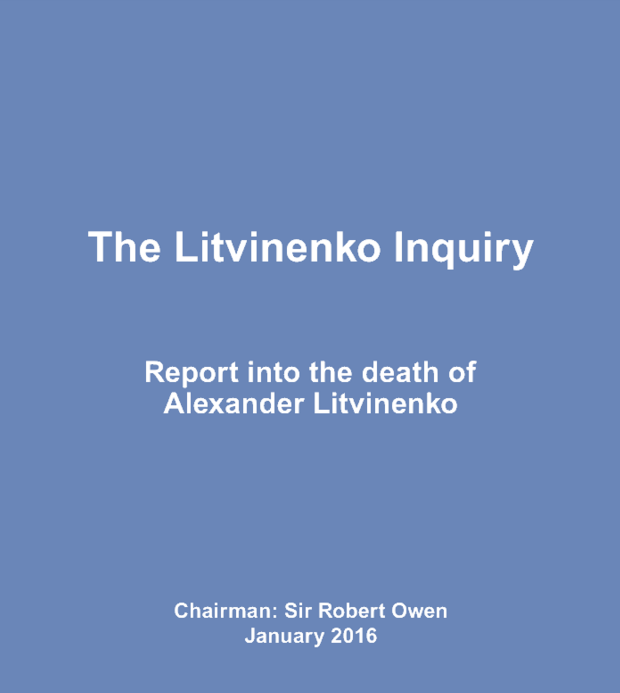Fearing Lawsuit, Cambridge University Press Pre-emptively Quashes Investigative Book on Vladimir Putin
Out of fear of libel action in the UK, Cambridge University Press has declined to publish a new book by Karen Dawisha, Professor of Political Science at Miami University who had earlier published seven well-regarded books with the scholarly press. As first reported in the Economist, Cambridge judged the book—reportedly chronicling Vladimir Putin’s ties to organized crime—likely to draw a lawsuit by Putin and/or the oligarchs covered in the book. Britain’s libel laws have long been regarded as a friendly haven for claimants crying “libel,” and even after a recent improvement to these laws, Cambridge declined to proceed with the book. In an exchange of emails with the press published by the Economist, Dawisha laments,
“One is left to conclude that the main lesson to prospective authors is not to publish in the UK anything that might be seen as libelous. Leaving aside the amusing thought that using the standards of ‘comfort’ set out in the letter–deftly written, one assumes, by your legal department–even the King James’ Version should probably also have been published outside the UK, I do think the field of political science and Russian studies (but also Middle East studies as evidenced by CUP’s pulping of Alms for Jihad) needs to come to terms with the difficult situation that no empirical work on corruption (and probably many other topics) should be published with a British publisher. Last week the EU and the US Government issued a visa ban and asset freeze on the very inner core that is the subject of my book. Many works will now come out on the makeup of the list and why each individual was placed on it. The answers to these questions are in my book. Isn’t it a pity that the UK is a ‘no-fly’ zone for publishing the truth about this group? These Kremlin-connected oligarchs feel free to buy Belgravia, kill dissidents in Piccadilly with Polonium 210, fight each other in the High Court, and hide their children in British boarding schools. And as a result of their growing knowledge about and influence in the UK, even the most significant British institutions (and I think we can agree that CUP, with its royal charter, 500-year history and recent annual revenues in excess of $400m, is a veritable British institution) cower and engage in pre-emptive book-burnings as a result of fear of legal action.”
Washington Post foreign policy blogger Adam Taylor also covers the fate of Professor Dawisha’s book, publishing an illuminating Q&A with her. Here’s a sample:
Adam Taylor: Are you able to describe any of the new evidence you found or how you found it?
Prof Dawisha: I rely on published sources, especially Russian investigative journalists in the period before press freedom was attacked. Many of these documents and reports disappeared from the Russian Internet, but I have been able to get hold of them. Interviews were used for background only, but lots of them in many countries. As to the details, I would rather people read the book since the cases I cover provide quite a clear picture of Putin’s role.
Adam Taylor: Do you feel like Putin’s St. Petersburg days are especially relevant now, what with the Crimea conflict and the U.S. sanctions against his associates that time?
Prof Dawisha: Absolutely. Almost all the key players, including (Deputy Prime Minister Dmitry) Kozak, who was just named as Putin’s federal representative to Crimea, started together in St. Petersburg. All the people on the sanctions list are key players in my book….
Adam Taylor: What’s your plan for getting the book published now?
Prof Dawisha: I will seek a U.S. publisher, although this decision has certainly cost me time. And it is a pity because this is a story that should come out sooner rather than later.
—–
Like the author I do hope a US publisher will pick up the title for publication here, though the house that does so will have to try and prevent even single copies being shipped to UK customers, lest Putin and his cronies use these sales as a pretext to claim the book has officially been published in the UK, giving them (spurious) grounds to sue the US company.


Leave a Reply
Want to join the discussion?Feel free to contribute!